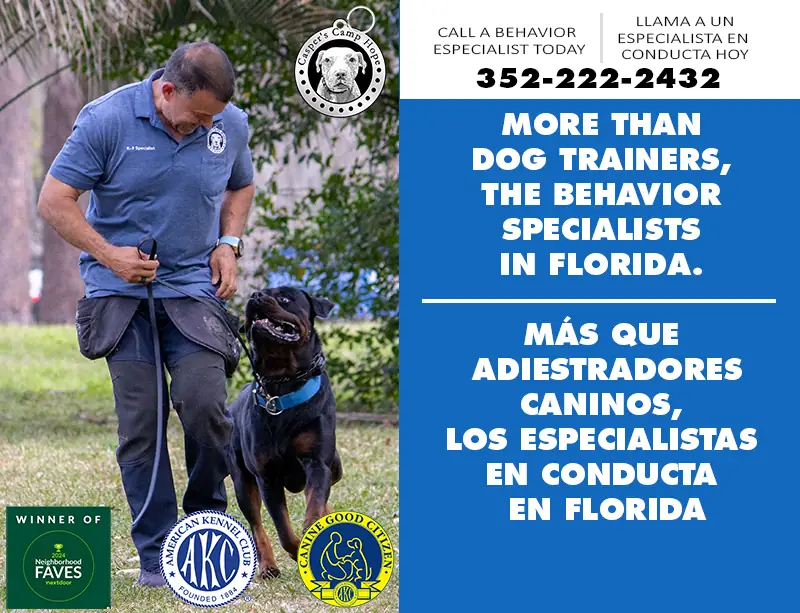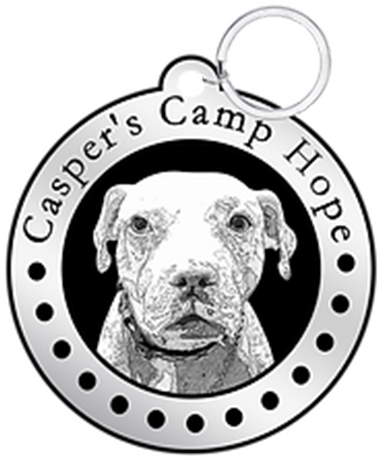At Casper’s Camp Hope, we specialize in helping dog owners manage and rehabilitate reactive dogs. Reactive behavior in dogs can be challenging, but with the right techniques, patience, and consistency, you can help your furry friend live a calmer, happier life. Whether your dog reacts to other dogs, strangers, or specific situations, these tips will set you on the path to success.
- Understand What "Reactivity" Means
Reactivity in dogs often stems from fear, anxiety, or frustration. It’s not aggression but rather an overreaction to certain triggers, such as other dogs, loud noises, or unfamiliar environments. Knowing your dog’s triggers is the first step toward addressing the behavior.
- Identify Your Dog’s Triggers
Keep a journal to track what causes your dog to react. Is it other dogs, bicycles, or sudden movements? Once you know the triggers, you can work on desensitizing your dog to them.
- Practice Positive Reinforcement
Reward your dog for calm behavior. Use treats, praise, or toys to reinforce positive actions when they encounter a trigger without reacting. This helps your dog associate the trigger with positive experiences.
- Maintain a Safe Distance
When encountering a trigger, keep your dog at a distance where they feel safe and remain calm. This is known as staying “below threshold.” Gradually decrease the distance as your dog becomes more comfortable.
- Use Counter-Conditioning Techniques
Counter-conditioning involves changing your dog’s emotional response to a trigger. For example, if your dog reacts to other dogs, give them treats whenever another dog is in sight to create a positive association.
- Train Focus and Attention
Teach your dog to focus on you when they see a trigger. Commands like “look at me” or “watch me” can redirect their attention and prevent a reactive outburst. - Provide Mental and Physical Stimulation
A tired dog is a calm dog. Ensure your dog gets enough exercise and mental enrichment to reduce pent-up energy that can contribute to reactivity.
- Work with a Professional Trainer
Sometimes, managing a reactive dog requires professional help. At Casper’s Camp Hope, our certified canine behavior specialists can create a personalized training plan tailored to your dog’s needs.
- Be Patient and Consistent
Behavioral change takes time. Celebrate small victories, and stay consistent with your training techniques. Your dedication will pay off in the long run.
Why Choose Casper’s Camp Hope?
At Casper’s Camp Hope, we are Florida’s trusted experts in dog training and behavior rehabilitation. Whether your dog struggles with reactivity, obedience, or severe behavioral issues, we’re here to help. Get a free phone consultation today 352-222-2432 to learn more about our services, including AKC certifications and behavior modification programs.
By implementing these tips and seeking professional guidance when needed, you can help your reactive dog lead a more peaceful life. Share your success stories or questions in the comments below—we’d love to hear from you!




